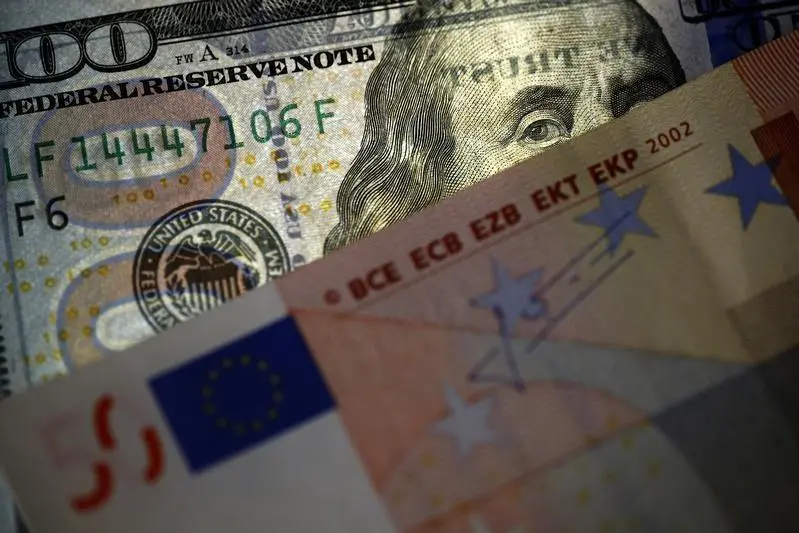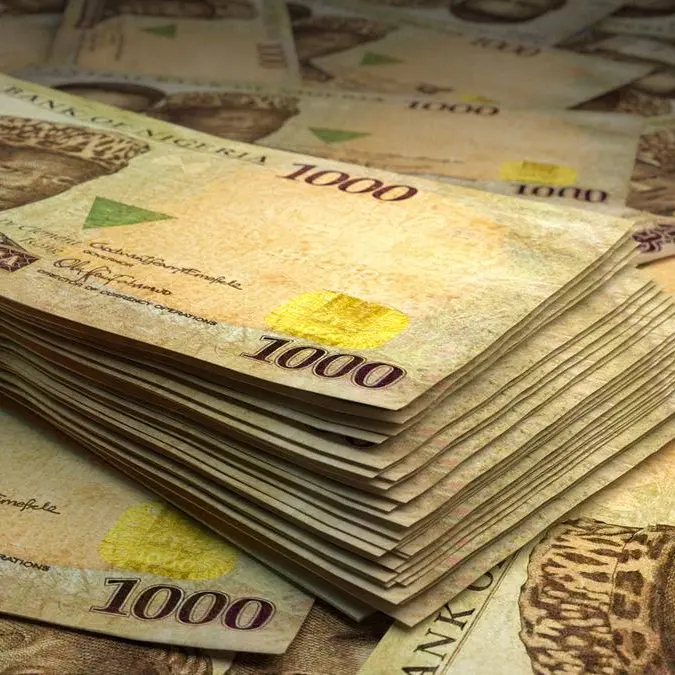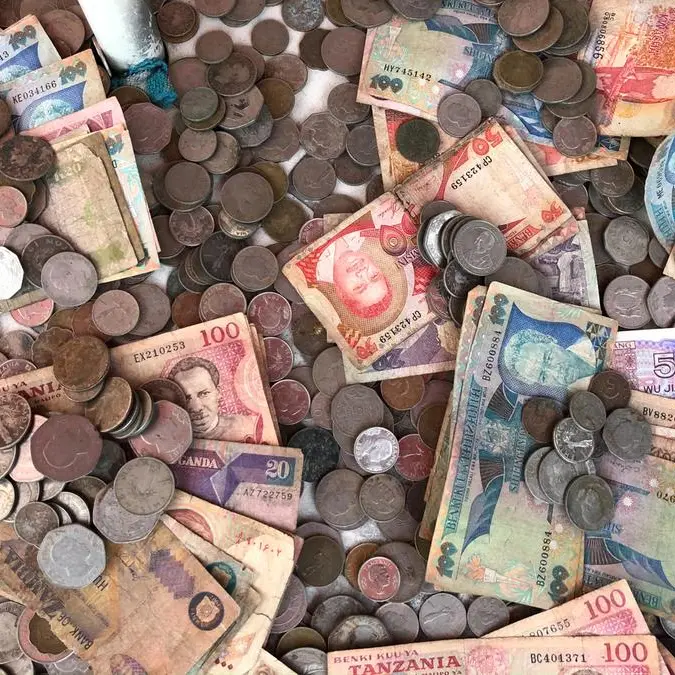PHOTO
Euro zone bond yields edged higher Wednesday as investors waited for a U.S. consumer inflation report that will help guide Federal Reserve policy and could influence other central banks.
Germany's 10-year bond yield, the benchmark for the euro zone bloc, was up 2 basis points (bps) 2.206%. Yields move inversely to prices.
The benchmark German yield has fallen sharply from a roughly six-month high of 2.707% in May as euro zone and U.S. inflation has cooled, reassuring investors that further European Central Bank rate cuts are coming this year.
Data at 1230 GMT on Wednesday is expected to show U.S. inflation, as measured by the consumer price index (CPI), held steady at 3% year-on-year in July. The month-on-month core reading, closely watched by markets, is expected to rise to 0.2% from 0.1% in June.
The size and importance of the U.S. economy and dollar means American data often moves bond yields and interest rate expectations around the world.
"A consensus 0.2% month-on-month U.S. core CPI today would support a Federal Reserve rate cut in September and help restore market sentiment further," said Benjamin Schroeder, senior rates strategist at lender ING.
French inflation for July was revised slightly higher to 2.7% year-on-year on Wednesday, putting a touch of upward pressure on bond yields.
Italy's 10-year yield was up 1 bp at 3.584%, and the gap between Italian and German bond yields narrowed 1 bp to 137 bps.
Germany's two-year bond yield, which is more sensitive to ECB rate expectations, rose 2 bps to 2.36%.
Bond yields have bounced around over the last week and a half as fears about a slowdown in the U.S. labour market, and the unwinding of some of this year's biggest equity and currency trades, have injected volatility into financial markets.
Investors have however been reassured by cooler inflation data, with bond yields falling and stocks rising on Tuesday after U.S. producer price figures came in softer than expected.
Traders on Wednesday were expecting around 70 bps of further interest rate cuts from the ECB this year, after a 25 bp reduction to 3.75% in June, little changed from Monday and Tuesday.
(Reporting by Harry Robertson; Editing by Andrew Heavens and David Holmes)




















